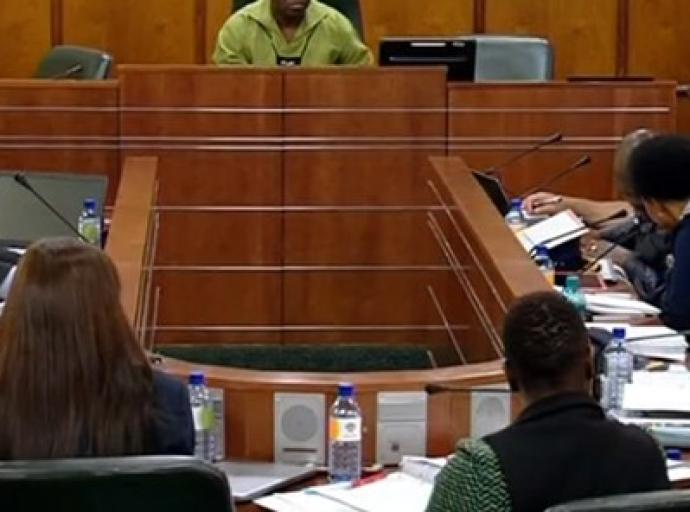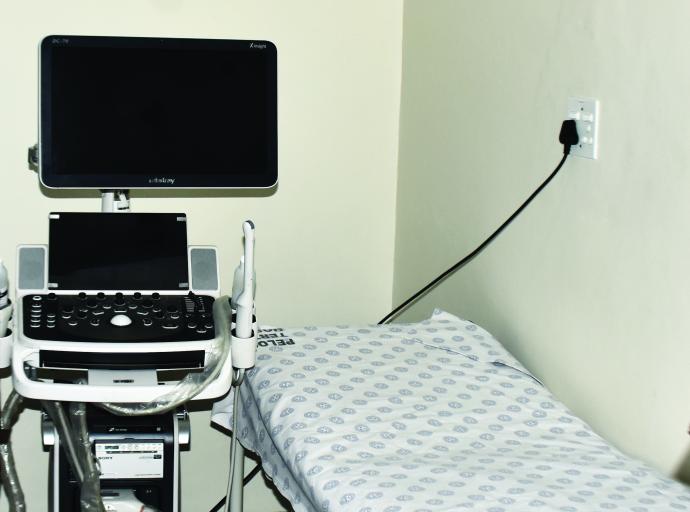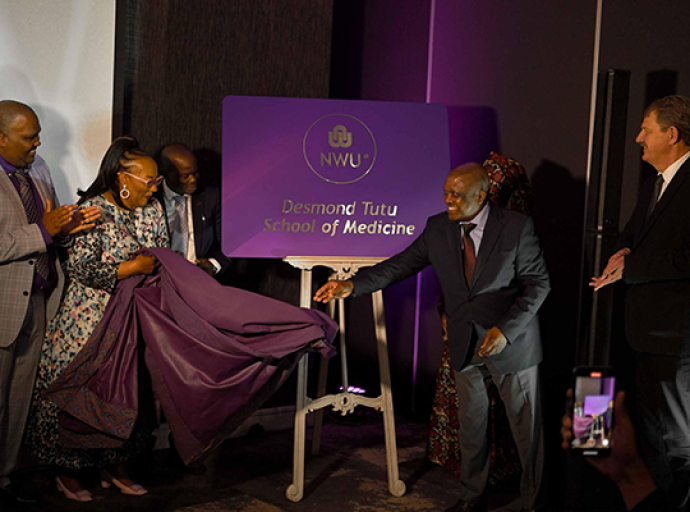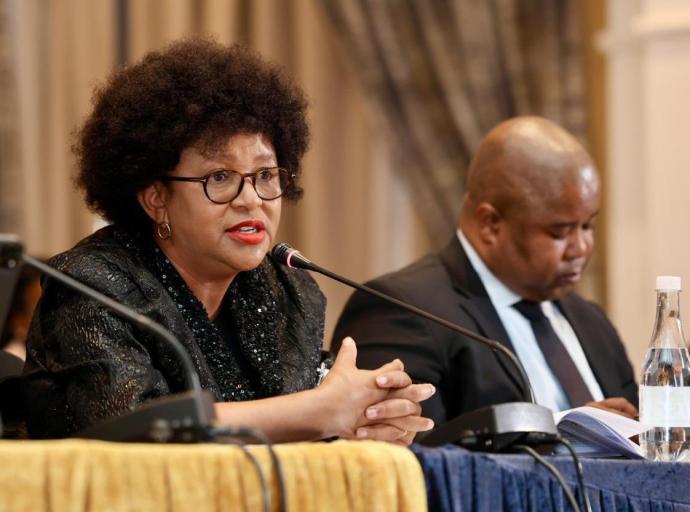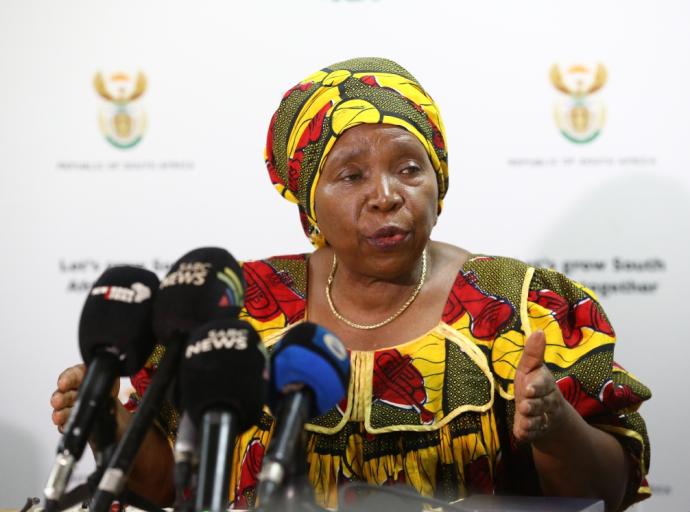By: Selloane Khalane
The first meeting of Parliament’s Ad Hoc Committee—tasked with probing explosive allegations made by KwaZulu-Natal Police Commissioner Lieutenant General Nhlanhla Mkhwanazi—was anything but smooth. From the onset on 5 August 2025, political spats emerged, exposing tensions among the very members entrusted with investigating alleged criminal interference in South Africa’s justice and polic ing systems. Lt Gen Mkhwanazi’s now-infamous press conference on 6 July sent shockwaves across the country. His claims of political meddling, rogue intelligence contracts, and the disbandment of critical task teams within SAPS painted a disturbing picture. The fallout has already led to suspensions, arrests, and widespread scrutiny into the inner workings of the state. Watching democracy unfold in real-time is a privilege. Parliamentary processes, once confined to textbooks and legal journals, are now livestreamed for public view. In this first sitting, viewers saw Economic Freedom Fighter (EFF) leader Julius Malema decline a nomination to chair the proceedings—a move that drew both praise and criticism online. Whether it was a strategic chess move or genuine disinterest remains a matter of public debate. Streamed on YouTube, the committee’s first sitting was convened primarily to elect its chairperson. What should have been a routine formality quickly turned into a performance of political theatre. ActionSA’s representative, Dereleen James, made it clear that trust in the process was already under strain. “We need to start off on the right foot, but how do we garner public trust this morning when we have a chairperson elected from the very same party where most of the people are embroiled in?” She went on to highlight South Africans’ fatigue with endless commissions and forums, and expressed that ActionSA did not have voting rights in electing the chairperson. Khusela Sangoni-Diko (ANC) responded, “We cannot, on the very first day, want to collapse this process. If members are coming here with the intention of being populist and using what is a grave concern of the people for cheap political scoring, then we are going to have a problem.” She further warned against grandstanding: “We cannot come here and have to defend state ments made merely to attract attention from the cam eras.” Malema came to James ‘ defense, asserting that every member has the right to raise concerns without being “character assassinated.” The 11-member ad hoc committee is composed of representatives from across South Africa’s political spectrum, reflecting a multiparty approach to the investigation into Lt Gen Mkhwanazi’s allegations. The African National Congress (ANC) holds four seats, represented by Mdumiseni Ntuli (Chief Whip), Khusela Sangoni-Diko, Xola Nqola, and Molapi Soviet Lekganya ne, who was elected chairperson. Glynnis Breytenbach and Ian Cameron represent the Democratic Alliance (DA), while the uMkhonto weSizwe (MK) Party has Sibo nelo Nomvalo and David Skosana. Julius Malema represents the Economic Freedom Fighters (EFF), and the final two seats are held by Man gaqa Albert Mncwango of the Inkatha Freedom Party (IFP) and Ashley Sauls of the Patriotic Alliance (PA)— both representing smaller parties. To ensure continuity and representation, six alternate members were also appointed: Thoko Khanyile (ANC), Diane Kohler Barnard and Lisa Schickerling (DA), Leigh Ann Mathys (EFF), Dereleen James (ActionSA), and Wouter Wessels (Freedom Front Plus). These alternates are expected to step in should primary members be unavailable during proceedings. The biggest surprise of the day was Malema’s refusal to chair the committee, despite being nominated and seconded. His decision sparked heated debate on social media, with some questioning his patriotism while others viewed it as a strategic move. Ultimately, Molapi Soviet Lekganyane was elected unopposed, a move that reinforced concerns about the ruling party’s dominance over the process. For many, the real question remains: can this committee genuine ly investigate the very structures that appointed it? Established under National Assembly Rule 253, the ad hoc committee has been tasked with probing the veracity and implications of the explosive allegations made by KwaZulu-Natal Police.

